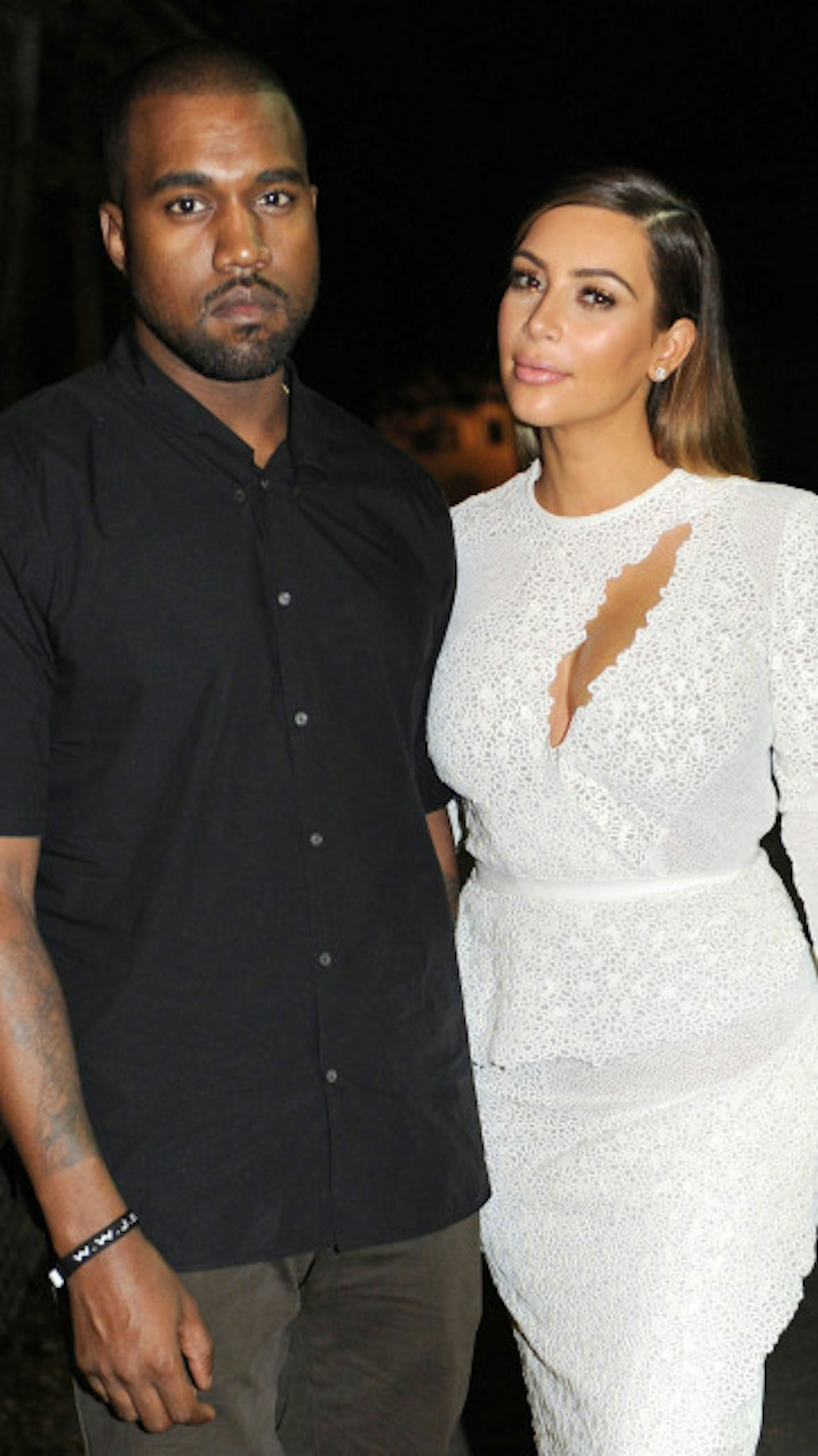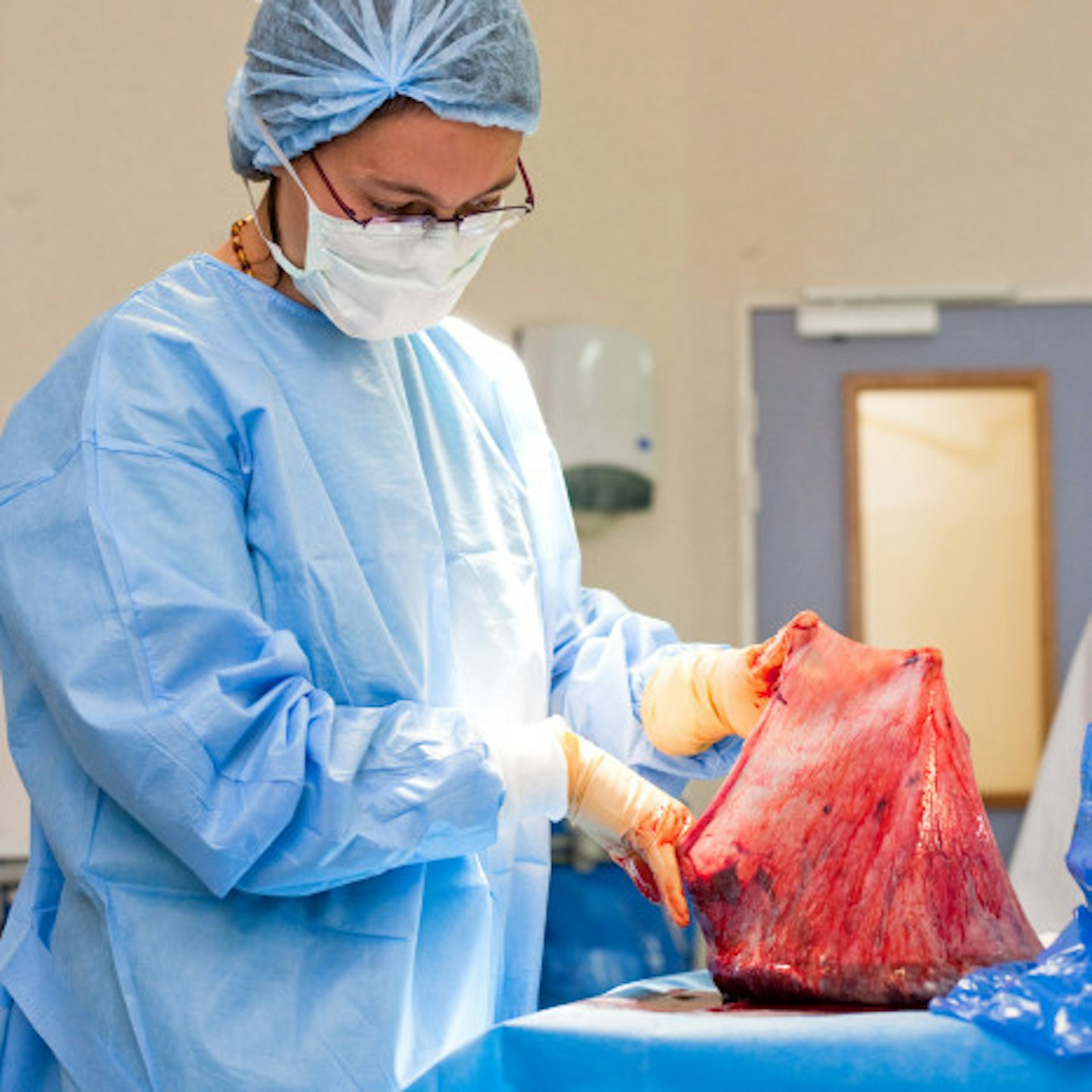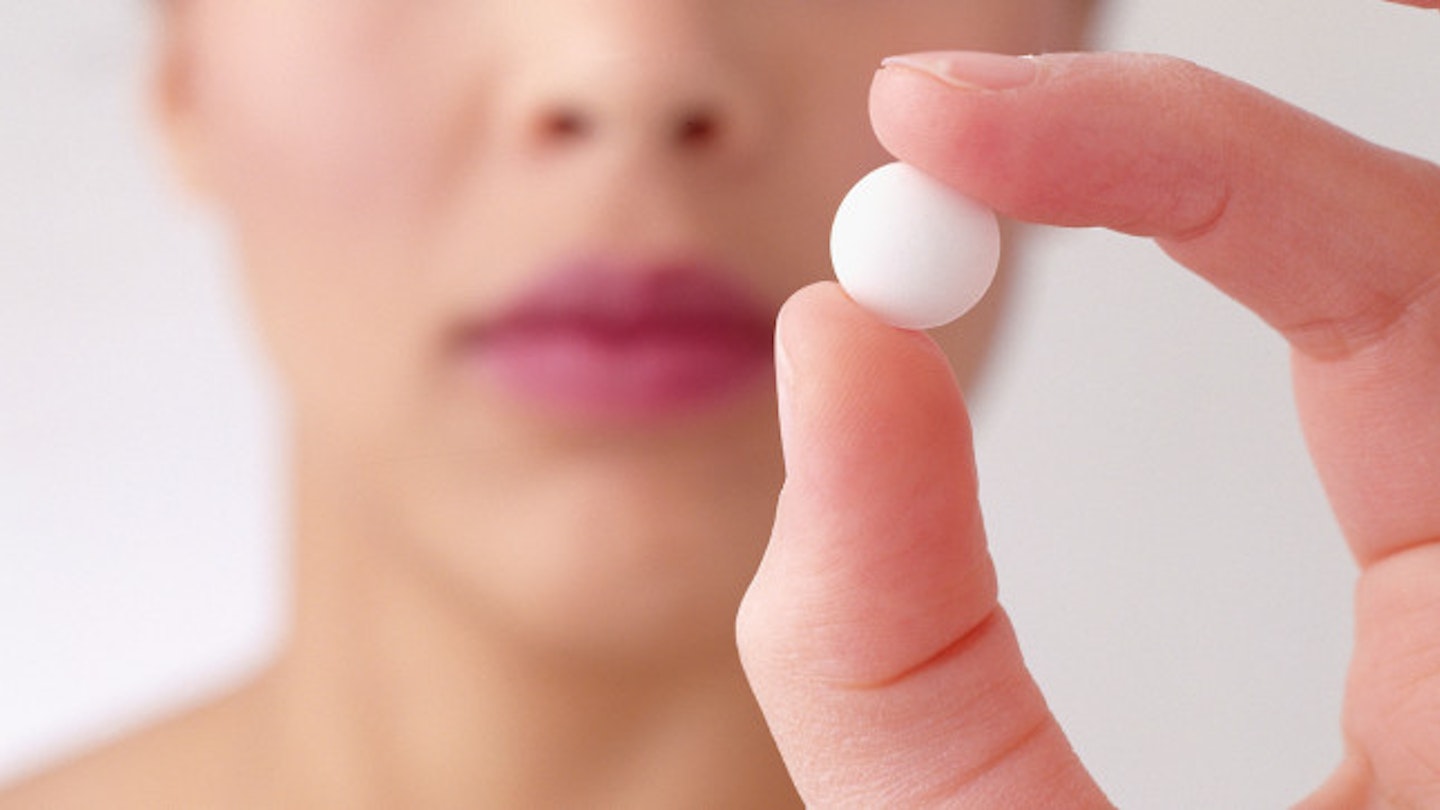Eating your placenta, or afterbirth, is called placentophagy. It is an ancient practise but, nowadays, thousands of women have had their your placenta encapsulated into pills for ease of digestion.
Why? Many claim that the afterbirth can help to provide new mums with an energy boost, ward off post-natal depression, restore iron levels, and help breast-milk production.
The trend has even been praised by celebrities, with Mad Men's January Jones swearing by the dehydrated placenta pills, and Kim Kardashian publicly toying with the idea of eating her own placenta.

However a shock ruling has put the tradition under threat, with the European Food Safety Authority (ESFSA) classifying the placenta as a "novel food".
This means that, from mid-July, anyone offering placenta encapsulation services could be at "risk of prosecution or unlawful marketing of novel food", said Elizabeth Prochaska, a barrister specialising in women's rights for the charity Birthrights, told The Independent.
And, while there is still a one-month window for anyone unhappy with the ruling to prove that the placenta is not a novel food, if this does NOT happen, the FSA will have to approve any application to sell placenta products.

This process could take up to three years, requires extensive laboratory testing, and will prove very expensive.
Do you think that women should be denied the right to eat placenta pills? Or do you agree that the capsules - the effects of which have not been proven - are a 'novel food' and should be banned?
Let us know via the Comments Box below now.
